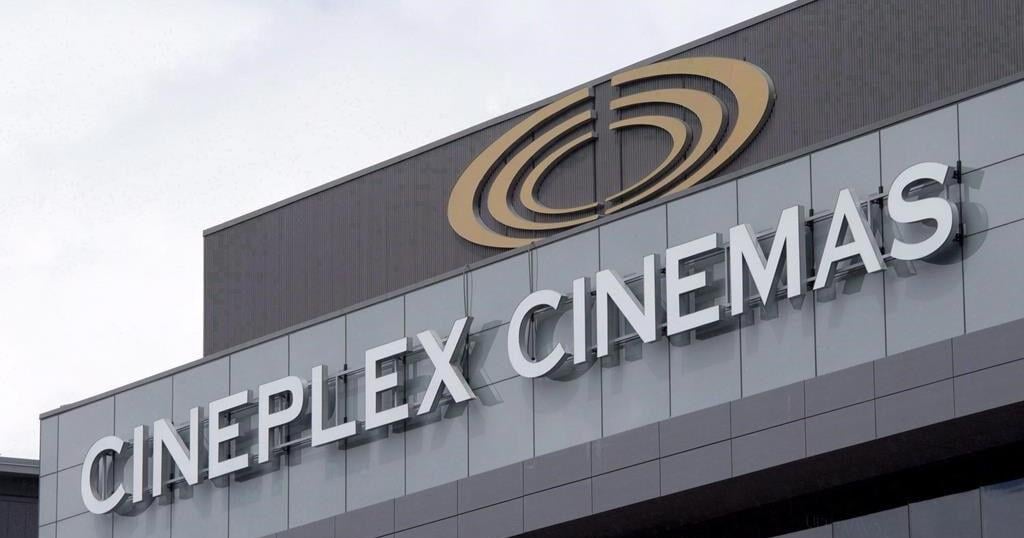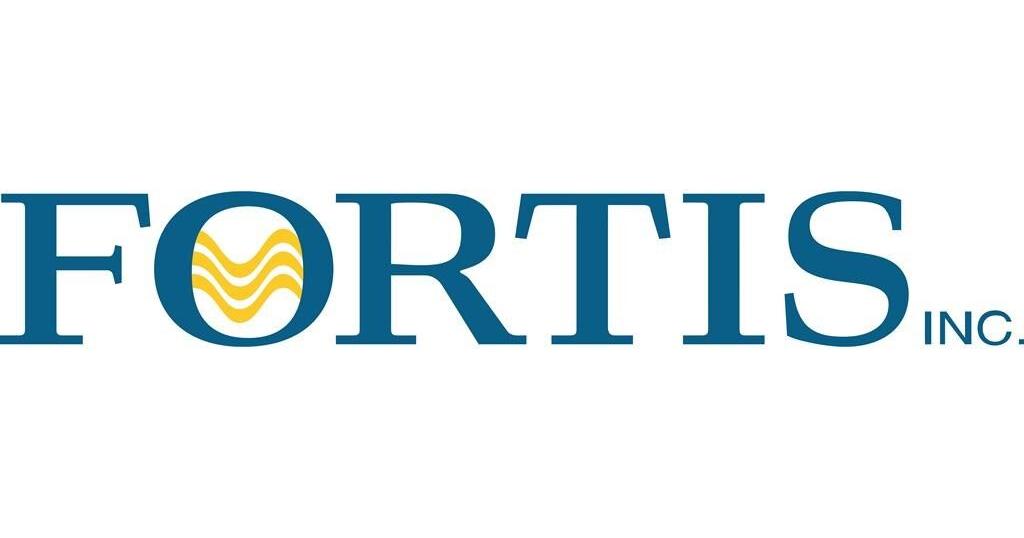Nvidia Corp. said it agreed to buy SoftBank Group Corp.’s chip division Arm Ltd. for US$40 billion, taking control of some of the most widely used technology in electronics in the semiconductor industry’s largest-ever deal.Nvidia will pay US$21.5 billion in stock and US$12 billion in cash for the U.K. based-chip designer, including a US$2 billion payment at signing. Softbank may recieve an additional US$5 billion cash or stock if Arm’s performance meets certain targets, the companies said Sunday in a statement. An additional US$1.5 billion will be paid to Arm employees in Nvidia stock.
The initial payment to SoftBank is a small premium over the US$31.4 billion the Japanese company paid to acquire Arm in 2016, previously the semiconductor industry’s biggest deal. SoftBank is expected to own less than 10 per cent of Nvidia following the transaction, according to the statement. Regulatory approval may take as long as 18 months before the transaction is completed and the deal needs sign-offs from U.K., China, the European Union and the U.S., the companies said.In a move to placate Arm’s powerful customers and defuse regulatory concerns, Nvidia said the U.K. company will “continue to operate its open-licensing model while maintaining the global customer neutrality that has been foundational to its success.” Nvidia will add its technology to the offerings licensed by Arm, the Santa Clara, California-based company said.
Nvidia Chief Executive Officer Jensen Huang said he loves Arm’s business model and wants to expand its broad client list. As for concerns the deal will upset Arm’s relationships with customers including Apple Inc., Huang said Nvidia is spending a lot of money for the acquisition and has no incentive to do anything that would cause clients to walk away.
Under Huang, Nvidia has risen rapidly up the ranks of technology companies in market value and influence. Already the dominant force in graphics chips that make video games more realistic, Nvidia has carved out a slice of the market for data center chips and is moving into self-driving vehicles.
Arm’s importance far outweighs its revenue, which comes from licensing chip fundamentals and selling processor designs. Its technology is at the heart of the more than 1 billion smartphones sold annually. Chips that use its code and its layouts are in everything from factory equipment to home electronics.
The acquisition is fueled by the drive to bring artificial intelligence to everything that has an on-switch. Having succeeded in selling Nvidia’s graphics chips to owners of data centers to speed up image recognition and language processing, Huang is looking to make sure his technology helps spread that to everything from self-driving vehicles to smart meters.
“It’s a company with reach that’s just unlike any company in the history of technology,” Huang said in an interview. “We’re uniting Nvidia’s leading AI computing with Arm’s vast ecosystem.”Cambridge, U.K.-based Arm has carved out a successful niche for itself by being independent. Fierce rivals such as Samsung Electronics Inc., Apple, Qualcomm Inc., Broadcom Inc., Intel Corp. and Huawei Technologies Co. are all licensees. They either use Arm’s designs as the basis of their own chips or license its instruction set, the fundamental code used by processors to communicate with software, for proprietary efforts.The acquisition by Nvidia, also a licensee, is a challenge to that neutrality. SoftBank’s purchase four years ago went ahead largely uncontested because the Japanese company wasn’t a competitor to any of Arm’s customers.
One customer that will be directly challenged is Intel. Huang said a priority will be investing in Arm’s efforts to design chips for data center computing. While he’s carved out a US$3 billion-niche in the business of supplying Alphabet Inc.’s Google and Facebook Inc. with graphics processors that help with their artificial intelligence workloads, Huang said he wants to speed up the adoption of Arm-based central processors, or CPUs. That’s a lucrative market dominated by Intel, which has about 90 per cent share.
Nvidia announced it will keep Arm’s headquarters in the U.K. and will invest in a new facility there to push forward research in artificial intelligence, educate customers and provide a place for experimentation in robotics and automation. Huang said that commitment demonstrates how the acquisition will add to the U.K.’s technology footprint rather than detracting from it.
SoftBank’s sale of Arm unwinds another strategic investment in favor of boosting liquidity and enabling founder Masayoshi Son to focus on the more tactical investing he has said he wants to pursue.Nvidia’s Huang runs a company that’s captured the attention of investors like few others in the past decade. Like Son, he’s a charismatic leader espousing a long-term vision of where technology is headed. The Taiwan-born entrepreneur is more engineering focused than his Japanese counterpart though, and often publically delves into the minutia of semiconductor and computer science.His latest successful recasting of Nvidia’s technology involves the processing of artificial intelligence work done in data centers. His chips are among the best at breaking up the manipulation of data into small pieces and then executing that in parallel at high speed.
Huang will also get a large footprint in the mobile industry and smartphones. A previous attempt by Nvidia to break Qualcomm’s dominance of that business failed. The biggest rival to Qualcomm in smartphone processors is Apple’s own internal effort. Those two companies are among Arm’s biggest customers.Even without a presence in mobile, Nvidia’s value has soared in the past decade. The stock, which ended 2010 at US$15.42 a share, closed Friday at US$486.58. That’s given it a market value of just more than $300 billion, almost $100 billion more than Intel, the world’s largest chipmaker with seven times the revenue of Nvidia.
Let’s block ads! (Why?)

Source link
Related


































